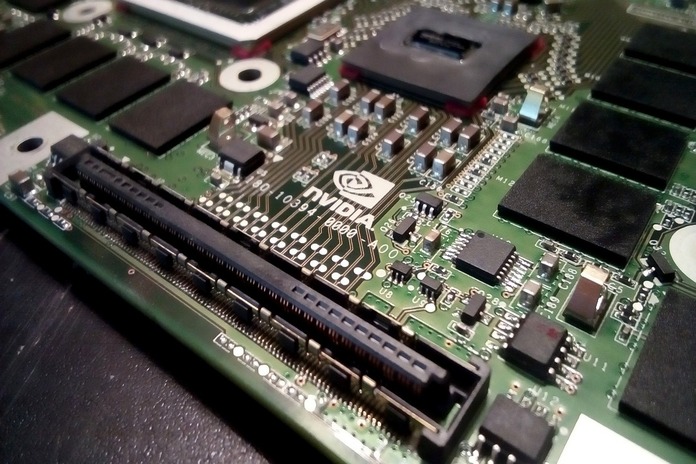Nvidia (NASDAQ:NVDA) has been at the forefront of the AI revolution, capitalizing on the surge in demand for AI-related hardware. However, as Nvidia continues to benefit from this boom, a broader reckoning is emerging across Big Tech regarding the return on investment from their extensive AI spending. The disconnect between the expected world-changing potential of AI and the current financial outcomes is becoming more apparent, especially for companies that are not named Nvidia.
Nvidia’s AI Growth vs. Big Tech’s Struggles
During Nvidia’s recent earnings call, CEO Jensen Huang fielded numerous questions from analysts about the allocation of AI investments and the tangible returns that these expenditures are supposed to generate. While Nvidia has seen remarkable growth, with a 122% increase in revenue driven largely by AI chip sales, other tech giants are not seeing the same clear-cut benefits from their AI spending.
For Nvidia, the ROI from AI is already evident. The company’s advanced hardware, particularly its graphics processing units, is essential for the AI-driven initiatives of other tech companies. This has resulted in Nvidia’s stock soaring as the demand for AI infrastructure grows. However, for the rest of Big Tech, the picture is less clear. The high expectations placed on AI have not yet translated into substantial profits, leading to growing scrutiny over the massive capital expenditures being funneled into AI projects.
The Mixed Signals from AI Investments
The AI revolution is at a critical juncture, where the hype surrounding its potential is being tested against the reality of its financial returns. While some analysts view the current phase as a recalibration rather than a downturn, there is a growing concern about whether the enormous investments will yield the expected rewards. For instance, despite Nvidia’s strong performance, there is increasing skepticism about the sustainability of such growth, particularly as the broader tech industry struggles with ROI from AI initiatives.
This skepticism was further highlighted by OpenAI’s recent fundraising talks, which reportedly valued the company at over $100 billion. While this valuation indicates that enthusiasm for AI is still strong, it also raises questions about the true value of AI technology in the long term. Critics argue that the financial excitement surrounding companies like OpenAI may not be the most reliable indicator of AI’s viability, especially when the broader industry is grappling with the challenge of converting AI potential into actual revenue.
Big Tech’s Commitment to AI
Despite the mixed results, Big Tech remains committed to AI, with CEOs across the industry continuing to pour resources into AI development. This unwavering commitment underscores the belief in AI’s transformative power, but it also highlights the mismatch between the immediate benefits seen by hardware providers like Nvidia and the slower, more uncertain returns from AI software and applications.
Nvidia’s unique position in the AI landscape is both a strength and a potential vulnerability. As long as tech companies remain invested in AI, Nvidia will likely continue to see strong demand for its products. However, if Big Tech begins to reassess its AI spending, Nvidia could face significant challenges. The question remains whether Big Tech’s relentless pursuit of AI advancements will pay off in the long run or if it will lead to a reassessment of AI’s role in their overall strategies.
Conclusion: A Pivotal Moment for AI and Nvidia
As the tech industry navigates this complex landscape, Nvidia’s AI spending and its impact on the company’s growth will continue to be a focal point for investors. The current phase of AI investment, marked by both optimism and caution, could lead to significant shifts in how companies approach AI. For Nvidia, the challenge will be to maintain its growth trajectory even as questions about the broader industry’s ROI from AI become more pressing.
For now, the AI hype continues to drive Nvidia’s success, but the broader industry may need to adjust its expectations. Whether this period represents a buying opportunity or a moment for more critical appraisal of AI’s true worth remains to be seen. The next few quarters will be crucial in determining whether Nvidia’s AI-driven growth is sustainable or if a more tempered approach to AI spending will emerge.
Featured Image: Pixabay ©Jacek Abramowicz















